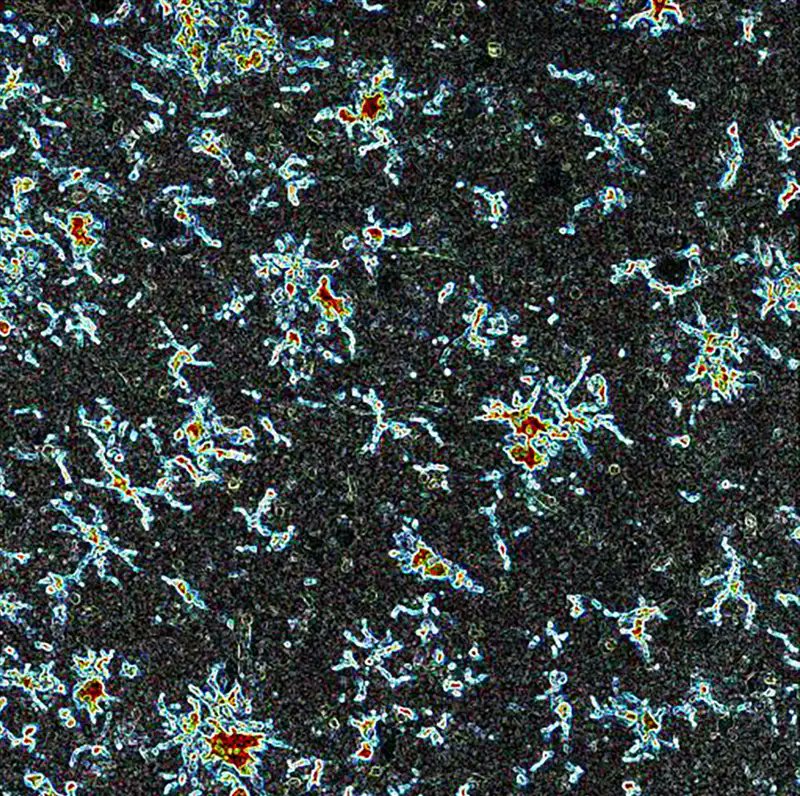
There is still no consensus on what causes Alzheimer’s. But a new way of thinking could transform how we treat it
newscientist.com/article/mg2523…
newscientist.com/article/mg2523…
Worldwide, there are 10 million new cases of dementia every year – and roughly two-thirds of these are Alzheimer’s disease
#WorldAlzheimersDay
newscientist.com/article/mg2553…
#WorldAlzheimersDay
newscientist.com/article/mg2553…

Staggering sums of money have been invested to try to understand the underlying cause, with much of the focus on one explanation
The amyloid hypothesis gained popularity in the 1990s after the discovery of three rare genetic mutations involved in the formation of beta-amyloid protein 

Having one of these essentially guarantees that a person gets early-onset Alzheimer’s – when the disease occurs before the age of 65
Since beta-amyloid plaques in the brain are a hallmark of the disease, it seemed likely this was the culprit
Since beta-amyloid plaques in the brain are a hallmark of the disease, it seemed likely this was the culprit
So far, amyloid-busting drugs have failed to actually improve symptoms of the disease. But some experts hope they might yet be effective
Beyond beta-amyloid, another major hallmark of Alzheimer’s in the brain is accumulation of a protein called tau 

Unfortunately, here too, we don’t yet have any successful drugs. As the vast majority of tau build-up is inside neurons, targeting it is tricky
Other factors such as genes and infections may also play a role in the likelihood of someone developing Alzheimer's
newscientist.com/article/233819…
newscientist.com/article/233819…
The vast majority of researchers studying Alzheimer’s now acknowledge that the disease has multiple contributing factors that involve cascades of cellular and molecular processes that we don’t yet understand
newscientist.com/article/mg2433…
newscientist.com/article/mg2433…
“Alzheimer’s disease, as it is currently understood, is really not a single disease,” says neurologist Costantino Iadecola at @WeillCornell in New York. “It’s a number of pathologies that all result in cognitive impairment.”
Learn more: newscientist.com/article/mg2523…
Learn more: newscientist.com/article/mg2523…
• • •
Missing some Tweet in this thread? You can try to
force a refresh













